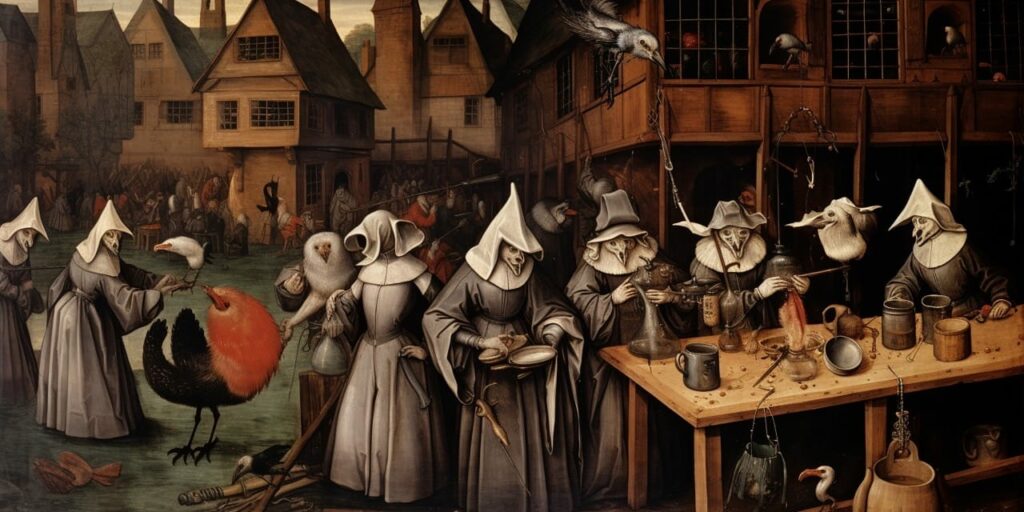
“We see that in modern times many stones lack the virtues formerly attributed to them.”
– Petrus Garsias Episcopus, 1639
I was struck by the irony of learning that Representative Steve Scalise, a conservative Republican, is being treated for cancer with stem cells, a medical treatment derived from research funding he opposed a decade ago. I don’t wish cancer on anyone, and he’s lucky that the treatment he’ll receive is available despite his previous opposition.
His story, however, is illustrative of the way in which people reject science on the one-hand and yet find themselves not able to live without it. The roots of this pattern are deeply embedded in the history of human healthcare, which over time progressed from the ignorance of superstitious magical thinking to an understanding of the chemical and physiological underpinnings of biology. Despite this overall trajectory, the temptation to succumb to magical thinking persists, and suspicion of science is on the rise.
A mere 400 years ago, a scientific understanding of health was virtually non-existent. Until the development of the microscope, there was not even awareness of the various forms of life thriving in a drop of pond water. At that time, health was wedded to supernatural forces, and healthcare reflected beliefs that seem naive and laughable to most of us today. Of the elements, none were known or named; Earth, Air, Fire and Water were considered elemental and at the root of all illness. These, in turn, were associated with four “humours”: black bile (earth), yellow bile (fire), phlegm (water) and blood. From these were derived a theory of four temperaments: sanguine, choleric, melancholic, and phlegmatic. Physician treatment of illness was based upon responding to such temperaments.
These were not the ideas of stupid people; to the contrary, their history can be traced all the way back to the likes of Plato and Aristotle, who sought answers in the heavens and perfection of the supranatural when faced with the profound mystery of life.
Combined with such unscientific methods was pure superstition. A particular rock worn round the neck, for example, was a prescribed cure. What we today call “new age” faith in quartz crystals harkens all the way back to the old dark age, a testimonial to the ways in which people often prefer simplistic, magical thinking to belief in the rigor of science.
We all laughed at comic Steve Martin’s portrayal of the Medieval doctor Theodoric of York as he prescribed archaic and nonsensical health remedies, but the rejection of Covid vaccine in favor of the horse-worming treatment Ivermectin is just as laughable, were it not so dangerous.
What we see today is the emergence of unscientific dogma, not just about health but also climate change and even governance. There has always been an anti-intellectual, anti-elite, and anti-science strain in western society that’s led to banning books, dictating what can be taught in school, and who qualifies as a legitimate person. Eugenics, the pseudo-science of race and personality type generated a decades-long sterilization program in America that inspired Adolph Hitler. When anecdotal evidence takes precedence over scientific evidence, terrible things can and do happen.
Science is not perfect, but it embodies a methodology intended to root out its own imperfections. This does not legitimize the idea of “alternate facts” but rather that seeking knowledge is a dynamic process that includes examining scientific knowledge itself. It’s either that or it’s back to the Dark Ages.